
Published by:
The Sphere Project
Copyright@The Sphere Project 2011
Email:
Website : www.sphereproject.org
The Sphere Project was initiated in 1997 by a group of NGOs and the Red Cross and Red Crescent Movement to develop a set of universal minimum standards in core areas of humanitarian response: the Sphere Handbook. The aim of the Handbook is to improve the quality of humanitarian response in situations of disaster and conflict, and to enhance the accountability of the humanitarian system to disaster-affected people. The Humanitarian Charter and Minimum Standards in Humanitarian Response are the product of the collective experience of many people and agencies. They should therefore not be seen as representing the views of any one agency.
First trial edition 1998
First final edition 2000
Second edition 2004
Third edition 2011
Second re-print October 2011
Third reprint, July 2013
Print ISBN: 978-1-908176-00-4
eBook ISBN: 978-1-908176-10-3
A catalogue record for this publication is available from The British Library and the US Library of Congress.
All rights reserved. This material is copyright but may be reproduced by any method without fee for educational purposes but not for resale. Formal permission is required for all such uses but normally will be granted immediately. For copying in other circumstances, for posting online or for reuse in other publications, or for translation or adaptation, prior written permission must be obtained from the copyright owner, and a fee may be payable.
Distributed for the Sphere Project by Practical Action Publishing and its agents and representatives throughout the world.
Practical Action Publishing, Schumacher Centre for Technology and Development, Bourton on Dunsmore, Rugby, CV23 9QZ, United Kingdom
Tel +44 (0) 1926 634501; Fax +44 (0)1926 634502
Email:
Website: www.practicalactionpublishing.org/sphere
Practical Action Publishing (UK Company Reg. No. 1159018) is the wholly owned publishing company of Practical Action and trades only in support of its parent charity objectives.
Designed by:  , Metz-Tessy, France Printed by: Belmont Press Ltd, Northampton, United Kingdom | |
This latest edition of the Sphere Handbook, Humanitarian Charter and Minimum Standards in Humanitarian Response, is the product of broad inter-agency collaboration.
The Humanitarian Charter and minimum standards reflect the determination of agencies to improve both the effectiveness of their assistance and their accountability to their stakeholders, contributing to a practical framework for accountability.
The Humanitarian Charter and minimum standards will not of course stop humanitarian crises from happening, nor can they prevent human suffering. What they offer, however, is an opportunity for the enhancement of assistance with the aim of making a difference to the lives of people affected by disaster.
From their origin in the late 1990s, as an initiative of a group of humanitarian NGOs and the Red Cross and Red Crescent Movement, the Sphere standards are now applied as the de facto standards in humanitarian response in the 21st century.
A word of gratitude must, therefore, be given to all those who have made this happen.
 |  |
Ton van Zutphen | John Damerell |
Sphere Board Chair | Project Manager |
The revision of the Sphere Handbook has been an extensive, collaborative and consultative process, engaging a considerable number of people around the world too many to mention individually by name. The Sphere Project acknowledges the breadth of the contributions made and the willingness of organisations and individuals to be involved.
The Handbook revision process was led by a group of focal points for the technical chapters and cross-cutting themes, supported by resource persons for emerging issues, all drawn from the sector, either seconded from humanitarian organisations or directly hired, depending on the level of work envisaged. Consultants led the revision of elements relevant for the Handbook as a whole, and which required substantial new work. Where not stated otherwise, the people listed below were consultants.
Humanitarian Charter: James Darcy, Mary Picard, Jim Bishop (InterAction), Clare Smith (CARE International) and Yvonne Klynman (IFRC)
Protection Principles: Ed Schenkenberg van Mierop (ICVA) and Claudine Haenni Dale
Core Standards: Peta Sandison and Sara Davidson
Technical chapters
 Water supply, sanitation and hygiene promotion
Water supply, sanitation and hygiene promotion: Nega Bazezew Legesse (Oxfam GB)
 Food security and nutrition
Food security and nutrition:
- Nutrition: Susan Thurstans (Save the Children UK)
- Food security and livelihoods: Devrig Velly (Action contre la Faim)
- Food aid: Paul Turnbull (WFP) and Walter Middleton (World Vision International)
 Shelter, settlement and non-food items
Shelter, settlement and non-food items: Graham Saunders (IFRC)
 Health action
Health action: Mesfin Teklu (World Vision International)
Cross-cutting themes
 Children
Children: Monica Blomstrm and Mari Mrth (both Save the Children Sweden)
 Older people
Older people: Jo Wells (HelpAge International)
 Persons with disabilities
Persons with disabilities: Maria Kett (Leonard Cheshire Disability and Inclusive Development Centre)
 Gender
Gender: Siobhn Foran (IASC GenCap Project)
 Psychosocial issues
Psychosocial issues: Mark van Ommeren (WHO) and Mike Wessells (Columbia University)
 HIV and AIDS
HIV and AIDS: Paul Spiegel (UNHCR)
 Environment, climate change and disaster risk reduction
Environment, climate change and disaster risk reduction: Anita van Breda (WWF) and Nigel Timmins (Christian Aid)


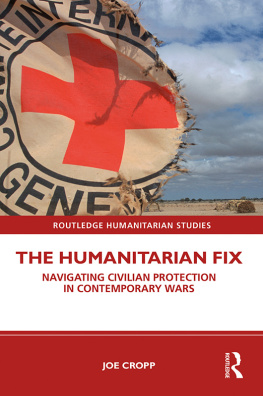
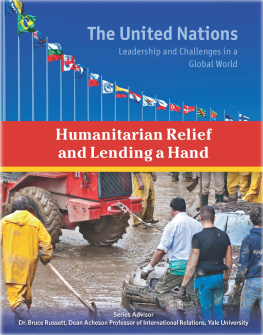
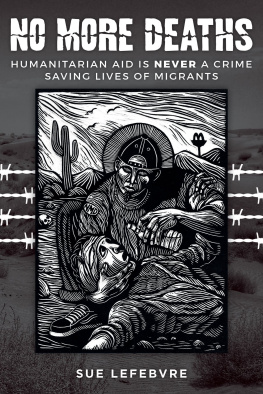
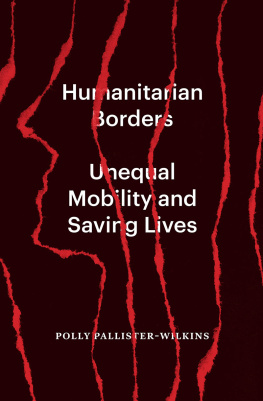
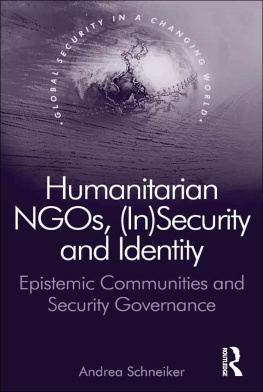
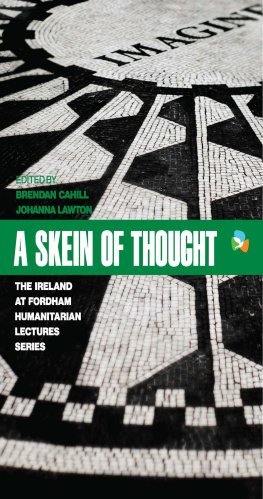
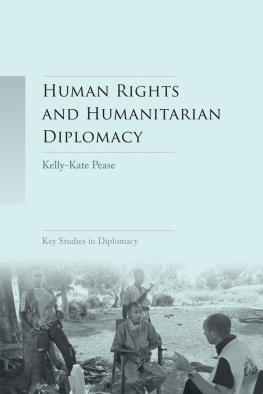
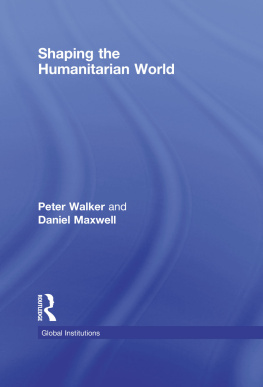
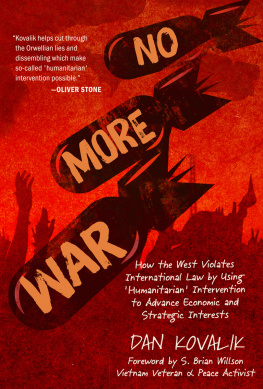
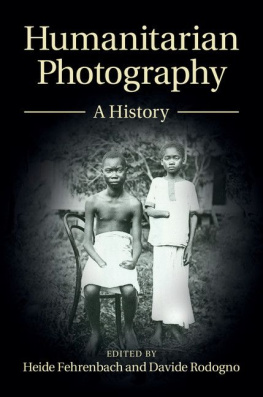
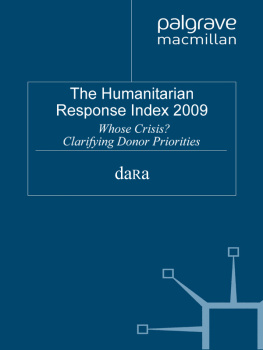

 , Metz-Tessy, France
, Metz-Tessy, France


 Water supply, sanitation and hygiene promotion: Nega Bazezew Legesse (Oxfam GB)
Water supply, sanitation and hygiene promotion: Nega Bazezew Legesse (Oxfam GB)